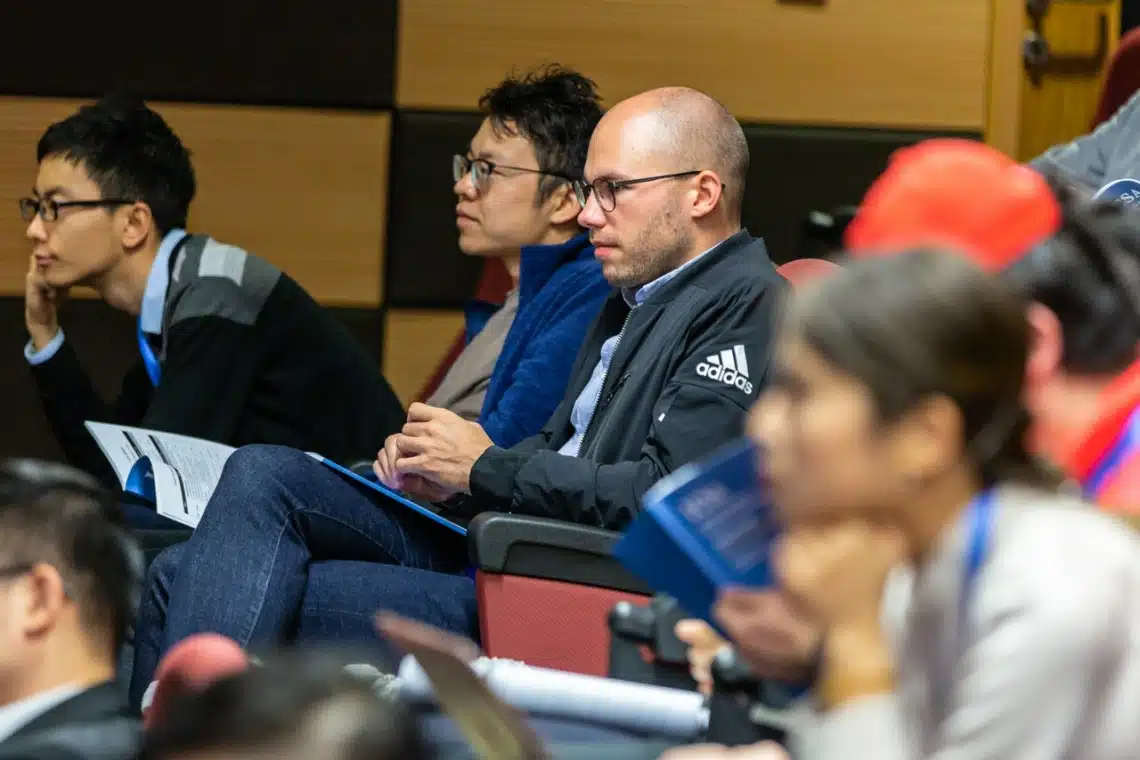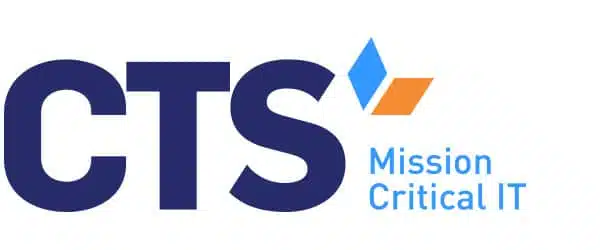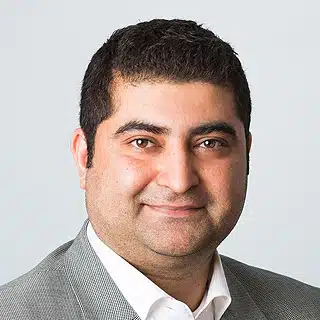Law Schools
The study of law requires a level of interaction, collaboration, and constructive engagement that is perhaps atypical of any other subject. Law schools, and the practice of law, meanwhile face challenges from technology that border on existential, while their requirements for technical capacity are accelerating. Effective IT strategy and management is anything but optional.
Cost management for technical infrastructure isn’t optional for a law school.
The overall cost of maintaining technical platforms, providing academic support, updating digital courses, and marketing an array of learning opportunities to potential students creates seminal challenges for law schools. Effective cost planning paired with an overall technical strategy is an existential requirement. The need is accelerating even more rapidly with not only the integration of remote learning but advancements in technology that impact the very location and nature of legal practice. Schools train lawyers, not algorithms, but unfortunately lawyers are competing with algorithms, AI, and rising distribution of legal representation to technical platforms similar to those used to distribute learning.


Law schools have specific needs for engagement and learning communities centered on the study of law.
Law schools require a more focused strategy around building and maintaining a learning community where remote or hybrid learning is in play. Law students are paying for an education that includes a high level of engagement with law professors and other students. The learning environment, whether on-site and enhanced by technical infrastructure, or remote and dependent on it, is part of the product. Also, professors and students want to ensure adequate opportunity to influence administrators’ decision-making. Creating a seamless campus experience that includes all of these components requires a grasp of the experience of law in an academic context. One size does not fit all.
Full capability, laser-focused on your school’s specific objective:
Schools need the ability to flex, expand, plan, implement and support technology end-to-end—even if the school’s initial needs are modest. But a generic approach is unsuitable for a learning environment. Too often, managed IT services partners do not grasp the fundamentals of a school’s mission, the specific requirements of its instructional paradigm, or the extent of challenges faced by its learner population. Every school shares something in common, and types of schools from Law Schools to Community Colleges to Charter or Montessori have a specific focus inherent to their model. But one size never fits all. A deeper understanding of each is required, on top of a solid grasp of the range of technical opportunities and requirements appropriate to everything from school administration to classroom instruction and learning rubrics. CTS offers the entire array of technical services focused entirely on education. These include:
Full range of services:
Now is the time to have the conversation:
Whether the need is immediate or in the early planning stages, highly specific or end-to-end, we want to have the conversation. In fact, the earlier you plug us into looking at the requirements or planning the overall improvements, the more effective we can be on your behalf. Don’t hesitate to reach out now.
I’m Sachin Gujral, founder of CTS—Technology for Education. My firm helps schools, school founders, and educational organizations make and implement effective technology and IT decisions. I’d love to have a brief conversation to see how CTS and your school might collaborate. Use the form below or feel free to call 866-399-3230.

